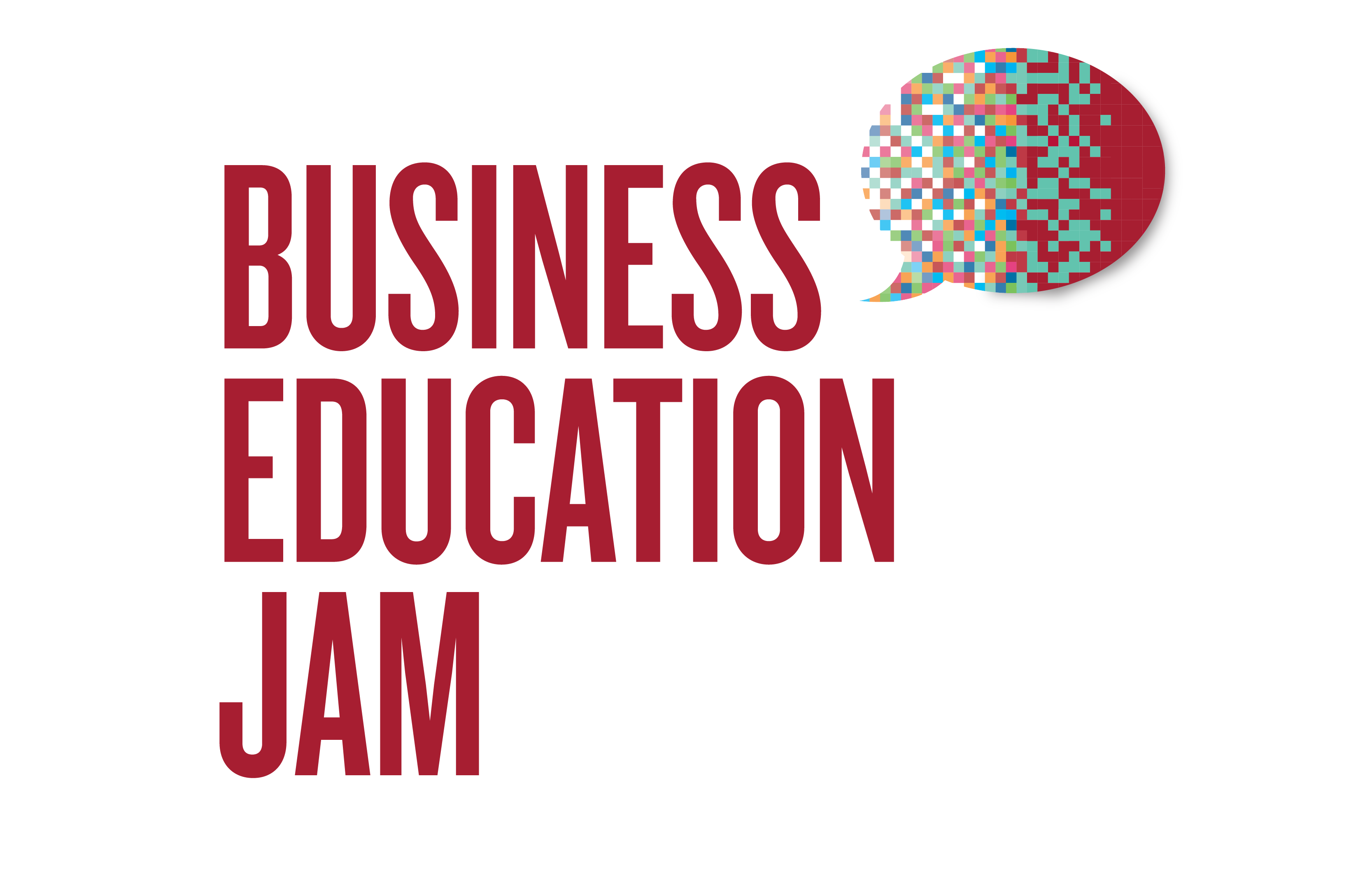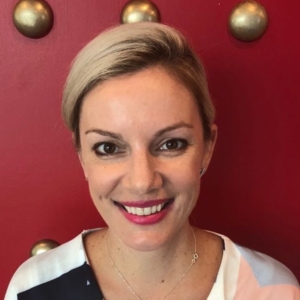Howard Thomas, Professor Emeritus of Strategic Management and Management Education at SMU
The origins of the Business Education Jam
“A free-flowing convergence of ideas”. “A dialogue on business education”. “Not your typical conference”. The upcoming Business Education Jam (BEJ) format may have inspired plenty of taglines, and, indeed, the first Southeast Asia jam held at the SMU Lee Kong Chian School of Business (LKCSB) on 28 August promises to be a dynamic, collaborative event to share, learn and envision the future of business education in Southeast Asia.
However, for those used to sitting back and listening to a line-up of speakers at a conference, a no-holds-barred “jam” might sound a tad intimidating. Who better, then, than Professor Howard Thomas, currently the Ahmass Fakahany Distinguished Visiting Professor of Global Leadership at Questrom and Professor Emeritus of Strategic Management and Management Education at SMU, to provide an insider look at the BEJ? After all, the former dean of LKCSB was part of the very first BEJ held at the Executive Leadership Center of Boston University’s Questrom School of Business in 2014, and led the Business Education Jam: Africa earlier this year.

“The word ‘jam’ comes from New Orleans and jazz, and the concept of jamming is going to a jazz bar on Bourbon Street, where musicians will bring their own instruments and have an impromptu recital,” explains Professor Thomas.
“At the original BEJ at Boston University, we engaged in a 60-hour continuous conversation with participants from around the world to talk about where business schools were going. But that revolved mainly around more traditional western business schools. We had a few respondents from Africa, Latin America and Asia then so we decided after the first jam to do a series of events, like this one in Singapore.”
From the effects of Trump America on the business landscape, to the need to evolve business education in an age of digitalisation, we chat more with the BEJ veteran and “serial dean” on what to expect from the Business Education Jam: Singapore 2018 at SMU:
The Southeast Asian conversation
To date, the Business Education Jam has been conducted in the US, China and Africa. But with Southeast Asia emerging as a global growth leader, and business education providing the foundation for navigating an increasingly complex business environment, this upcoming jam comes at a timely juncture.
“What we are trying to do is give a voice to an Asian business school community. Asian business schools need to address the Asian differences, and the ‘three Cs’ of ‘country’, ‘culture’ and ‘context’,” says Professor Thomas, who will be conducting the opening and closing addresses at BEJ: Singapore 2018.
“People talk about Africa like it is one country, when in fact it is a continent of 54 countries with different tribes and cultures. Similarly, Asia is not just one place, but many countries and regions with vastly different cultures, levels of economic growth and poverty levels.”
Traditionally, the structure and curricular of business schools around the world have been influenced by traditional North American models. However, this one-size-fits-all model needs to be disrupted with the rise of new global superpowers and hotspots of influence. The Southeast Asian iteration of this symposium aims to have the academic community and industry players in Southeast Asia come together to discuss their perception of business education, And raise the question of how business education can be customised and transformed for an Asian context.
“To make business schools relevant, we need to understand each country and its cultural norms,” adds Professor Thomas. “The best schools should couple the best in America, Africa and other parts of the world with an understanding of and pride for Asian culture and heritage.”
An ever-transforming landscape
The business environment has changed dramatically in the last decade since the global financial crisis, and business schools need to respond to the shifts in power, politics and technology, says Professor Thomas.
“First, the widening gap between the wealthy and the poor has led to the rise of nationalism and populism, with the Trump and Brexit environments in the West,” says Professor Thomas.
“This can never work, we will never get anywhere without global integration. We need to answer the needs of others in the world. In this climate, we need to look at how capitalism works and be more inclusive, while examining the role of businesses to work in partnership with governments to address these tensions.”
There also has been a rapid growth in extreme monopolistic power brought about by the digital economy. Companies such as Amazon, Microsoft, Facebook and Apple have become large monopolies that have crowded out the competition.
“The way we teach monopoly power in business school is when any company has over 25 per cent of market share,” adds Professor Thomas.
“But I can guarantee you that the market shares of these companies are far in excess of that percentage. What Amazon has done is change the entire retail landscape such that department stores or malls are struggling for survival.”
In a digital world
Digitalisation has had far-reaching effects on almost all industries, including the business of education. Specifically, technology has also been shaping business schools, and will have an even greater impact on education in the near future by shaking up the role of the educator, and transforming approaches to teaching.
“Our students are more literate than the people teaching in the classroom,” admits Professor Thomas.
“We need to make our teaching more relevant first by applying the immediacy of technology.”
For example, case studies are an integral part of business school education to spur debate among students about real life business scenarios. Such studies are written by the faculty of SMU or other schools, and they generally catalogue events that have occurred in the past. However, students can now go online and learn about the actions and decisions that a company had just made yesterday, instead of reading historical cases that are in all likelihood irrelevant today. Furthermore, with modern employees enjoying more flexibility in structuring how, when and where they work, there is a strong demand for flexible learning arrangements. Thanks to advancements in technology, today’s student should be empowered with the ability to customise their own pace, place and mode of learning.
Hence, there is a need to achieve that kind of immediacy and technological relevance in the way business education is conducted, such as streaming in a live conversation with a CEO via video in a classroom. Because students today are likely to be more tech-literate than educators, there is an opportunity to take the SMU participative learning experience to the next level: Educators may view millennials as collaborators in the development of learning materials and experiences.
A greater purpose
Above all, the nature and purpose of the business school, its value to society, and its corporate value, has to be examined for it to remain relevant. The SMU-X initiative has been engaging the students in project based learning, moulding them to be responsible to not just the corporate world but also civil society and the government. The purpose of management is not just to pay lip service to CSR (corporate social responsibility), but be active and equal partners with society and the government.
“Some of our own people have been such advocates of capitalism and maximising shareholders’ value for a long time,” says Professor Thomas.
“But looking back at the global financial crisis, we were enabling shylocks to extract value from a capitalist system with great ethical lapses. As educators, we need to question how the concept of maximising shareholder value and capitalism can be inclusive for everybody in value chain? How we can build a market economy that works for everyone?”
How will the traditional model of business education be disrupted in Asia? Hear from our panel comprising of Gerry George – Dean of the SMU Lee Kong Chian School of Business, Georgina O’Brien – Head of LinkedIn Learning Asia, Kris Sasitharan – Global HR Business Partner, Standard Chartered Bank and Jason Lawrence – Director of Market Development in North Asia from GMAC in the Business Education Jam: Singapore 2018.
Join us on Facebook Live this 28 August 2018, 4pm SGT.


 A veteran recruiter and citizen of the world—having worked and studied in the US, UK, Russia, Hong Kong and now, Singapore—Kris Sasitharan is the archetypal student for SMU Lee Kong Chian School of Business’ Executive MBA programme. Tailored for senior leaders from across Asia, the Middle East and Europe, the rigorous EMBA aims to prepare future leaders for the challenges of leading organisations in regional markets.
A veteran recruiter and citizen of the world—having worked and studied in the US, UK, Russia, Hong Kong and now, Singapore—Kris Sasitharan is the archetypal student for SMU Lee Kong Chian School of Business’ Executive MBA programme. Tailored for senior leaders from across Asia, the Middle East and Europe, the rigorous EMBA aims to prepare future leaders for the challenges of leading organisations in regional markets.


 The world is made up of different kinds of learners: Some of us absorb information by doodling out mind maps and looking at beautifully designed infographics; others can spend days poring through tomes; while some may prefer getting hands-on experience to pick up a new skill.
The world is made up of different kinds of learners: Some of us absorb information by doodling out mind maps and looking at beautifully designed infographics; others can spend days poring through tomes; while some may prefer getting hands-on experience to pick up a new skill.